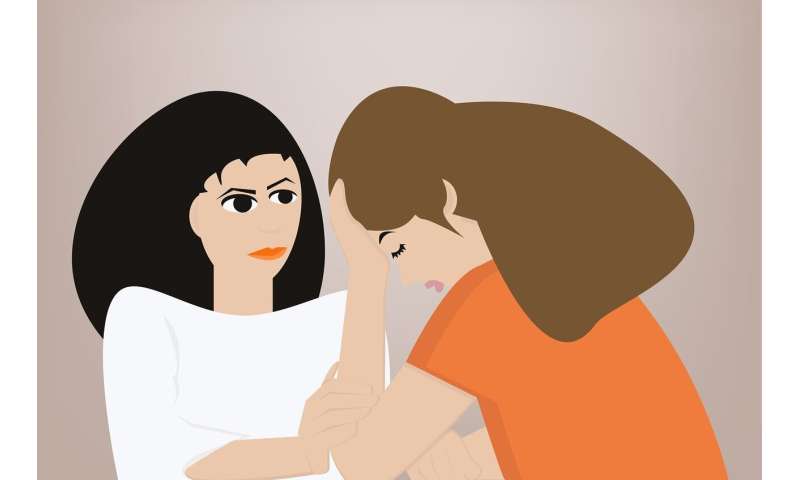Expert warns of depression risk in aftermath of Cyclone Imogen

A Western Sydney University rural health expert is calling for additional economic support for businesses and increased disaster relief and recovery services, to help address the potential mental health impacts of Cyclone Imogen.
Dr. Sabrina Pit and Dr. Keersten Fitzgerald from the University’s School of Medicine, with colleagues from the University Centre for Rural Health (UCRH), conducted a survey of those affected by Cyclone Debbie in northern New South Wales in 2017.
The survey, which was conducted six months after the cyclone, found that 25% of business owners whose business had been flooded reported symptoms of depression—compared with 12% of non-flooded business owners.
Business owners whose homes and businesses had flooded were almost 6.5 times more likely to report depressive symptoms, and business owners with insurance disputes were four times more likely to report probable depression.
The results, published in the Journal of Occupational Medicine and Toxicology, indicate that the higher rates of probable depression in business owners is likely due to their ongoing experience of economic hardship.
“Flooding is an increasingly prevalent natural hazard worldwide and can have a profound impact on the mental health of those directly and indirectly affected,” said Dr. Pit.
“Our study highlighted the particular vulnerabilities of rural business owners—who may have additional economic pressures as a result of loss of income, stock and equipment damage, and customer and employee shortages and insurance disputes.”
Six months after Cyclone Debbie, business owners felt most supported by their local community such as volunteers and neighbors (56%), but those that felt their needs were not met by the State government and insurance companies were almost three times more likely to report symptoms of depression.
Dr. Pit said the study provides evidence that supporting businesses before and after natural disasters is necessary, and could help to reduce the mental health burden on the business community, which may in turn help the broader community in its recovery. The combination of being individually prepared for floods and systems change would be the best solution.
“This is really a call to action, to the government, as well as the broader community. Look out for your neighbors and do not underestimate the ongoing mental health implications of these natural hazards,” said Dr. Pit.
Source: Read Full Article


